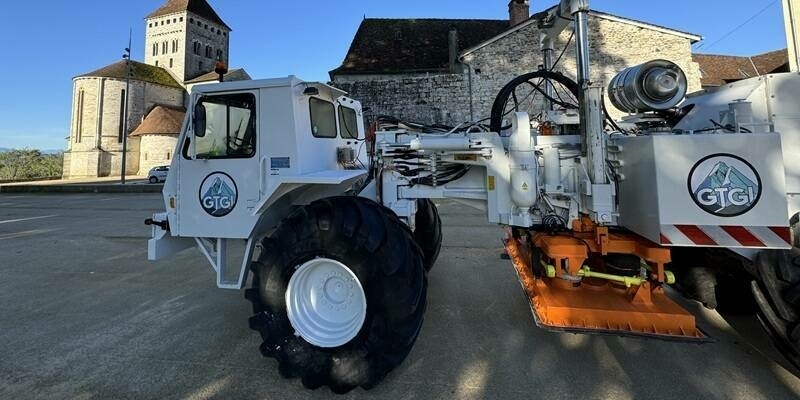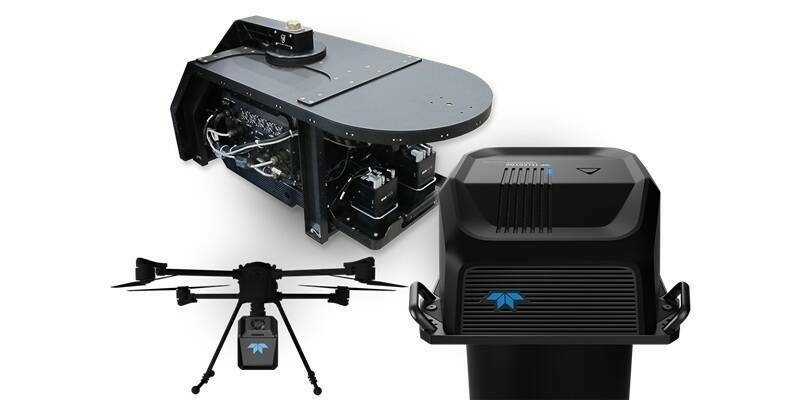The Open Geospatial Consortium (OGC) seeks public comment on the OGC API - Features - Part 2: Coordinate Reference Systems candidate standard.
OGC APIs usher in a new age for location information on the web, enabling a much simpler way to share and access location information that is consistent with the architecture of the Web. The OGC API family of standards define modular API building blocks to spatially enable Web APIs in a consistent way. The OpenAPI specification is used to define the API building blocks.
OGC API - Features provides the fundamental API building blocks to create, modify, and query ‘features’ on the Web (features are simply the digital representations of objects of interest in the real world). OGC API - Features is comprised of multiple parts, with each part being a separate standard. OGC API - Features - Part 2 extends the core capabilities specified in Part 1: Core with the ability to use coordinate reference systems (CRS) other than WGS 84.
A key advantage to the OGC API - Features standard is the direct, fine-grained access to the data at the feature (object) level, providing greater flexibility for linking of resources on the Web. This OGC standard is consistent with the OGC/W3C Spatial Data on the Web Best Practices.
Specifically, the OGC API - Features - Part 2 standard specifies:
• How, for each offered feature collection, a server advertises the list of supported CRS identifiers;
• How the coordinates of geometry valued feature properties can be accessed in one of the supported CRS;
• How features can be accessed from the server using a bounding box specified in one of the supported CRS; and
• How a server can declare the CRS used to present feature resources, and optionally the coordinate axis order used.
The candidate ‘OGC API - Features - Part 2: Coordinate Reference Systems’ standard is available for review and comment on the OGC Portal. Comments should be submitted via the OGC API - Features Issues Tracker on GitHub for this standard. Issues may be submitted for consideration through 28 April, 2020. All Issues will be assessed by the editing team.
Subscribe to our newsletter
Stay updated on the latest technology, innovation product arrivals and exciting offers to your inbox.
Newsletter

